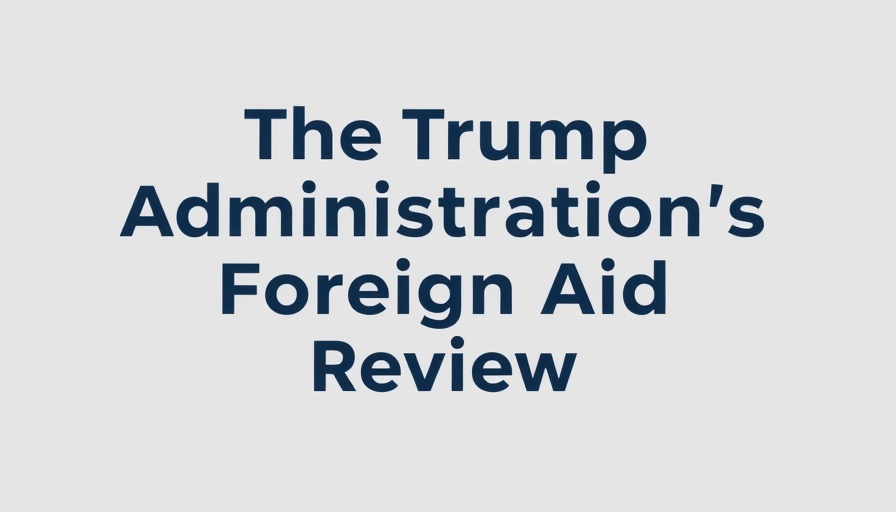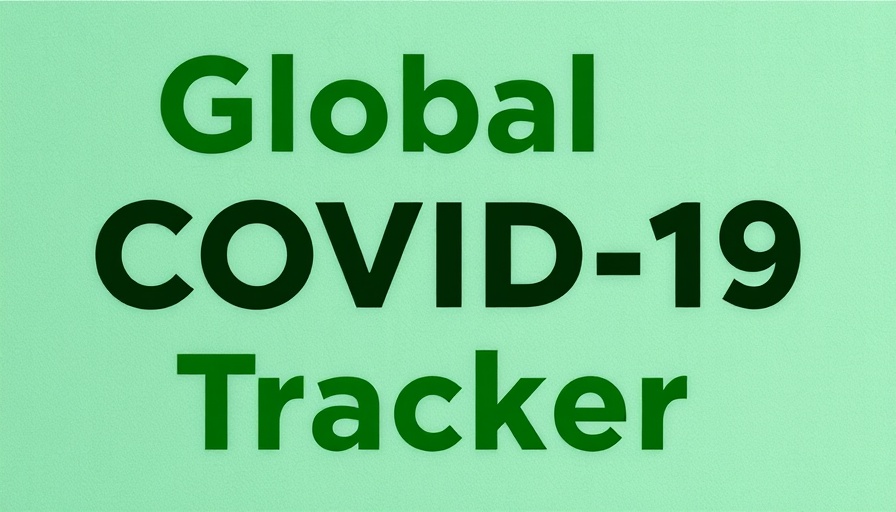
The Disruption of Foreign Aid Under the Trump Administration
When President Trump was inaugurated for his second term, several executive actions dramatically altered U.S. foreign assistance, raising concerns among many advocates for global health. An executive order initiated a 90-day review of foreign aid, and a ''stop-work order'' halted existing projects. As these changes took effect, crucial health programs faced significant challenges, and the dissolution of USAID further complicated the landscape. The impact has been profound, with disruptions leading to halted programs, delayed payments, and a diminishing ability for organizations to provide life-saving humanitarian assistance.
The Global Fund's Remarkable Achievements
The Global Fund to Fight AIDS, Tuberculosis and Malaria has been a beacon of hope since its inception in 2002. It operates as a public-private entity, pooling resources from multiple donors to combat these diseases in over 100 countries. Remarkably, the Global Fund has saved an astounding 65 million lives and reduced the death rates of its focal diseases by 61% since its founding. In 2023 alone, 25 million individuals received antiretroviral therapy, while millions benefited from tuberculosis treatments and malaria protection through distributed mosquito nets.
U.S. Commitment to Global Health
The United States, as the largest donor to the Global Fund, plays a crucial role, contributing a significant 33% of its funding. This commitment underlines the country’s strong belief in the power of collaborative efforts to tackle global health emergencies. Notably, U.S. support through initiatives like PEPFAR complements Global Fund assistance, creating a multifaceted approach to health challenges worldwide. Furthermore, countries receiving assistance must invest in their health systems, ensuring sustainable national responses to public health crises.
What's Next for U.S. Global Health Programs?
As the future unfolds, the uncertainty surrounding U.S. foreign aid programs remains a pressing concern. Proposed cuts and planned reorganizations within the Department of Health and Human Services could jeopardize ongoing initiatives, potentially reversing the progress made in global health. For citizens—both insured and uninsured—this situation might seem distant, yet it directly influences the collective effort to diminish disease burden across the globe. Understanding these dynamics urges us to advocate for unwavering support for global health initiatives.
Get Involved!
The fight against AIDS, tuberculosis, and malaria needs voices like yours. By staying informed, sharing this knowledge, and participating in advocacy, you contribute to a greater push for sustainable global health support. Let's work together to ensure that progress continues in the fight against these critical diseases and that every life counts.
 Add Row
Add Row  Add
Add 




Write A Comment